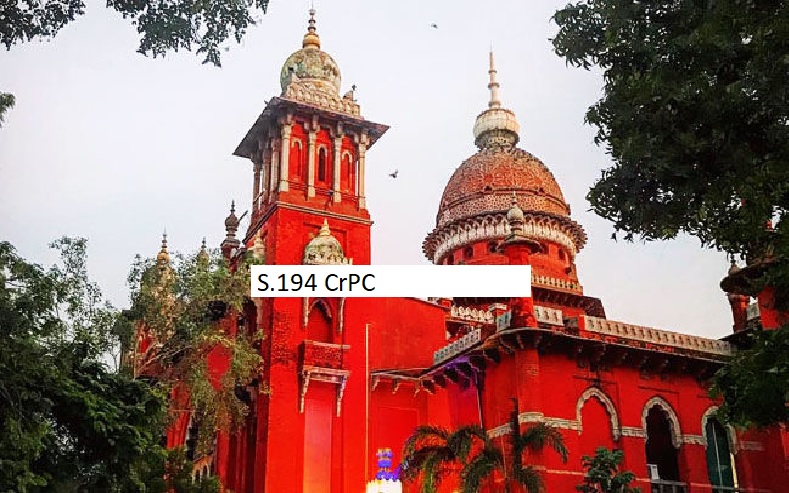


The Madras High Court recently underscored that orders issued under Section 194 of the Code of Criminal Procedure (CrPC) are solely administrative and can only be contested if they appear to be illegal or lack proper deliberation. The Madurai bench of the court rejected a petition filed by an accused individual seeking the transfer of his trial from one court to another. The court emphasized that the impugned order, issued by the Principal Sessions Judge in the normal course of business, was beyond interference.
The case involved M Palani, an accused facing charges under various sections of the Indian Penal Code (IPC) before the III Additional District and Sessions Judge in Tirunelveli. Palani, fearing that his interests would be compromised in the ongoing trial, filed a petition under Section 408 of the CrPC before the Principal District and Sessions Judge, requesting a transfer of the trial to a different court. Despite the Special Public Prosecutor's involvement in the plea, Palani sought the same relief from the High Court.
The High Court, while addressing Palani's plea, highlighted that the accused should not act as a judge in his own case. It rejected the presumption of prejudice against the judge simply because adverse orders had been passed during the trial. The court stressed that the Principal Sessions Judge should handle the matter, and any interference by the High Court would be inappropriate. Refraining from making specific observations on the proceedings, the court acknowledged that such comments might adversely impact both the prosecution and the accused, potentially causing unnecessary problems.
Additionally, the court pointed out that Palani's petition lacked essential grounds and cautioned against taking the courts for granted to fulfill personal requirements. During the proceedings, it came to light that another accused had filed a similar complaint, which the High Court had previously dismissed. The court discerned a pattern of delaying tactics by the accused and deemed such attempts as a blatant abuse of the court's processes. Consequently, the plea was dismissed.
In summary, the Madras High Court's recent pronouncement reiterates the administrative nature of orders under Section 194 of the CrPC. The court, in dismissing Palani's plea, emphasized the need for the Principal Sessions Judge to handle such matters and warned against the misuse of legal processes for undue delays.
TAGS: Madras High Court Section 194 of CrPC Administrative orders Trial transfer Principal Sessions Judge M Palani